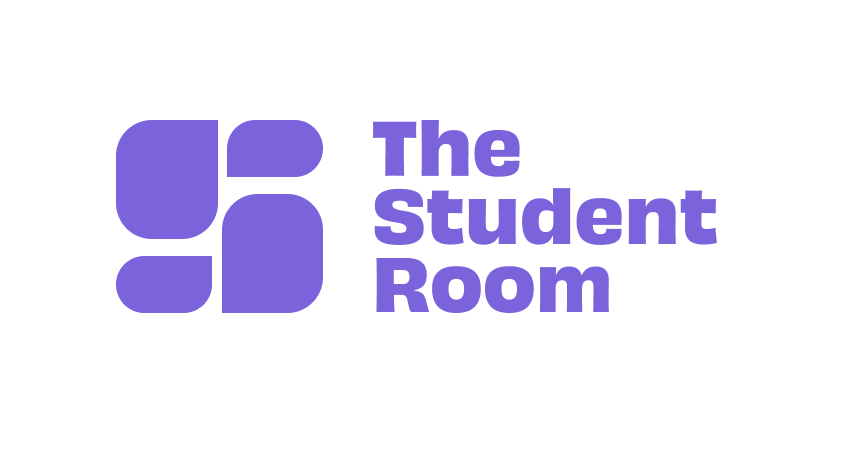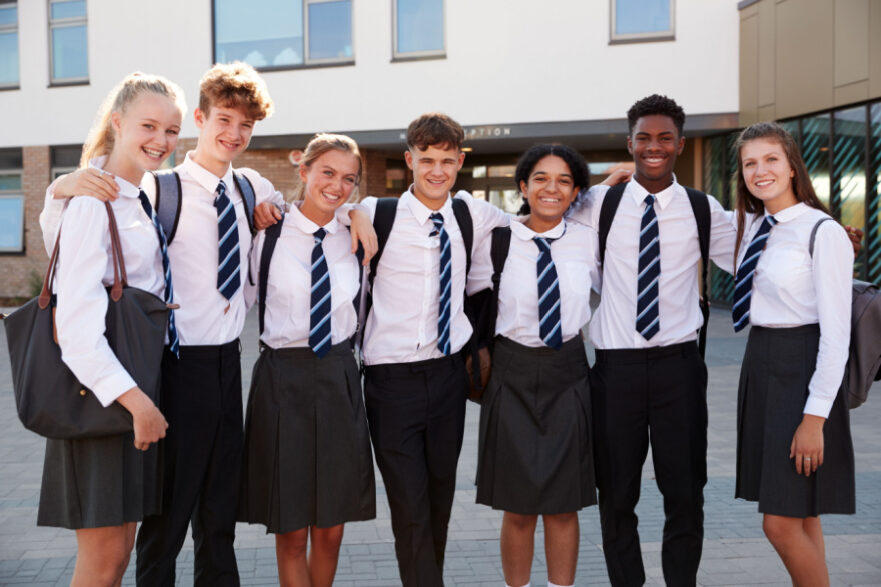Published 24 May 2023
Although student recruitment teams need to juggle attraction campaigns for Year 12 as well as nurturing the conversion of Year 13 applicants through to enrolment, it’s wise to remember the impact you can have on Year 11 students at this early stage.
As our TSR Asks survey in April found¹, their thoughts are already looking ahead to what lies in store for them in 2025. Yes, we’re talking about 2025! In our survey of Year 11 students aged over 16 who are considering university, 58% of respondents are definitely planning to go to university and 42% are still deciding on pathway options.
In this blog we’ll share recent survey findings showing what’s on their minds when it comes to university choices and career options and how to connect with those still unsure of what to do next.
Future career is already on their minds even at this early stage
When it comes to making decisions about their future, Year 11s are most likely to first think about the career they would like to go into, then look at courses and universities.

This is reflected in discussions we see on site when they are already looking at how they get from A to B, with A-level and university choices in between.
help regarding my school subject choices for a potential future food science career
The Year 11 audience is very much future-focused and any career and employability links a university can put across in their attraction messaging will really grab the GCSE audience’s attention.
University – a declaration of independence
Almost all Year 11 respondents are already enthusiastic about starting university, selecting an average of five or six different aspects of university life that excite them.
Respondents were excited about becoming more independent (75%), learning more about a subject that interests them (71%), and taking the next step towards the career they want (71%). Making new friends (62%) and trying new things (57%) rounded out the top five.
Campaigns covering the fundamentals of university and course information can help here, and most definitely go a long way with the parent/carer audience of this future cohort. However, communicating the softer side to university life (and the experiences they will have as a student) will also form a positive view of your university.

So what can you do now to help them in their decision path?
Year 11 students want to know what they can do now to improve their chances of getting into their desired university. They are interested in learning about the work experience that would be most beneficial, how to choose the right A-levels, and what else they can do to stand out from other applicants.

Almost all Year 11 respondents (96%) want information from universities at this stage in their journey. Their requirements often relate to steps they could take now to support their university applications, including work experience that would be helpful (73%), GCSE requirements for degree courses (73%), support in choosing A-level / equivalent subjects (64%) and any additional qualifications (60%) or extra‐curricular activities (58%) that would be advantageous.
There’s an opportunity for universities to help students understand how they might approach work experience and/or what universities would reasonably expect to see when it comes to work experience evidence from applicants. These future applicants want to know what they could be doing now to help them get that step ahead when it comes to standing out at application stage.
Again, even at this early stage, the ‘heart’ element of the head-versus-heart is also really valuable with opportunities to find out about university life (60%) and taster days (56%) proving popular with this audience.
Conversations we see on site also show discussions around these information points. These are just a few recent examples:
How to tap in to the ‘undecideds’
As mentioned at the start of the blog, although 58% of survey respondents have their next steps planned out, 42% are still undecided.
It’s a key time to help those Year 11 students who are still exploring pathway options, so they can feel more confident in deciding whether university is for them.
For universities targeting local students, this is where outreach teams are so pivotal with the work they do supporting schools to support their students. It also helps the university hopefully end up with students who *really* want to be there, thereby improving retention.
This poll from 2022 shows students feel there’s not enough financial skill-based education at school. Given what we’ve seen in recent cost of living research, we know finances are a major decision-making factor for students when considering going to university. Outreach programs or campaigns aimed at Year 11 students which help them to build financial skills and confidence could be a supportive and useful way for universities to build brand trust and allow students to become familiar with them early on, while also hopefully helping students to be empowered about their financial situation after school/college (whether it involves university or not). This could be particularly important for WP students.
It could also be relevant to consider if/how universities might help students understand how the new Lifelong Loan Entitlement might allow them to connect with learning opportunities at different institutions. It’s a gradual rollout but it will start to become available from 2025 in some capacity (and will be applicable to current Year 11s – who are 2025 applicants).
What next?
- Year 11s are already considering their options. The benefit of making early contact and raising early awareness to influence their final decisions should not be underestimated
- Download our full summary of these findings from TSR Asks – Are Year 11s thinking about university and what information do they need?
- Year 11 students looking to go to university are focused on picking the right course for their career and excited at the prospect of independence (with support close at hand) – include these areas in your communications
- Outreach campaigns aimed at building financial confidence could be a supportive and useful way for universities to build brand trust and allow students to become familiar with your institution early on
- Adopt a personalised approach – creatives and messaging you use for Year 12 may not be the right angle for those in Year 11. Dig deeper into the Year 11 audience through commissioned TSR Insight research to find out what makes them tick
The Student Room is the UK’s biggest and best-loved online student platform. Drop us an email to discuss options for connecting with our Year 11 audience and kickstart your early awareness campaigns.
¹ TSR Asks summary: Are Year 11s thinking about university and what information do they need?


